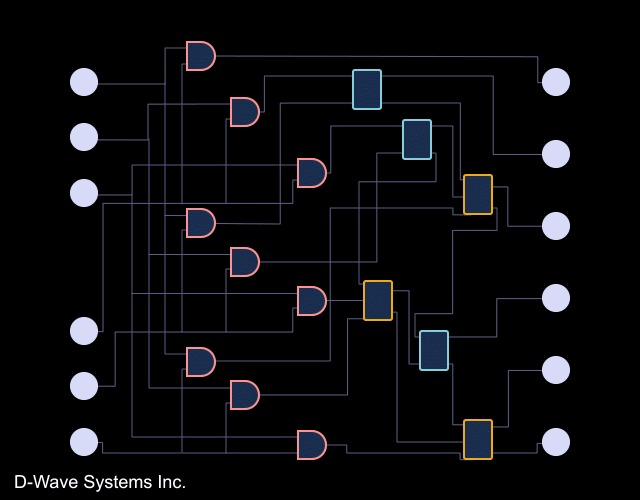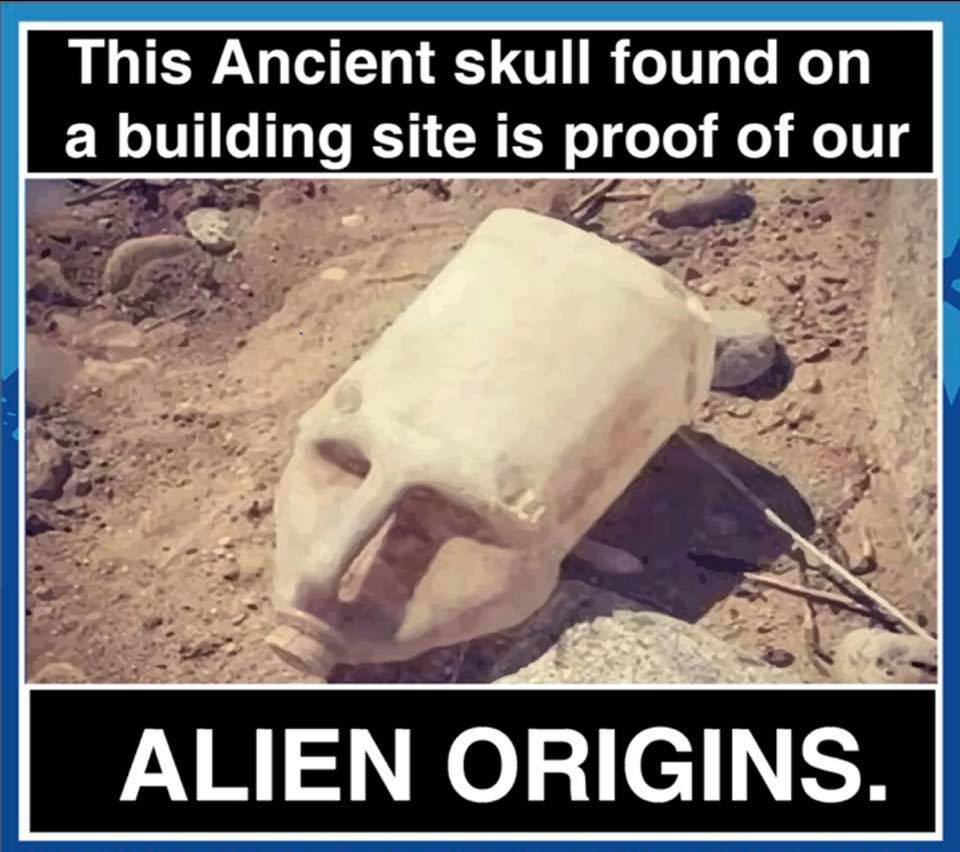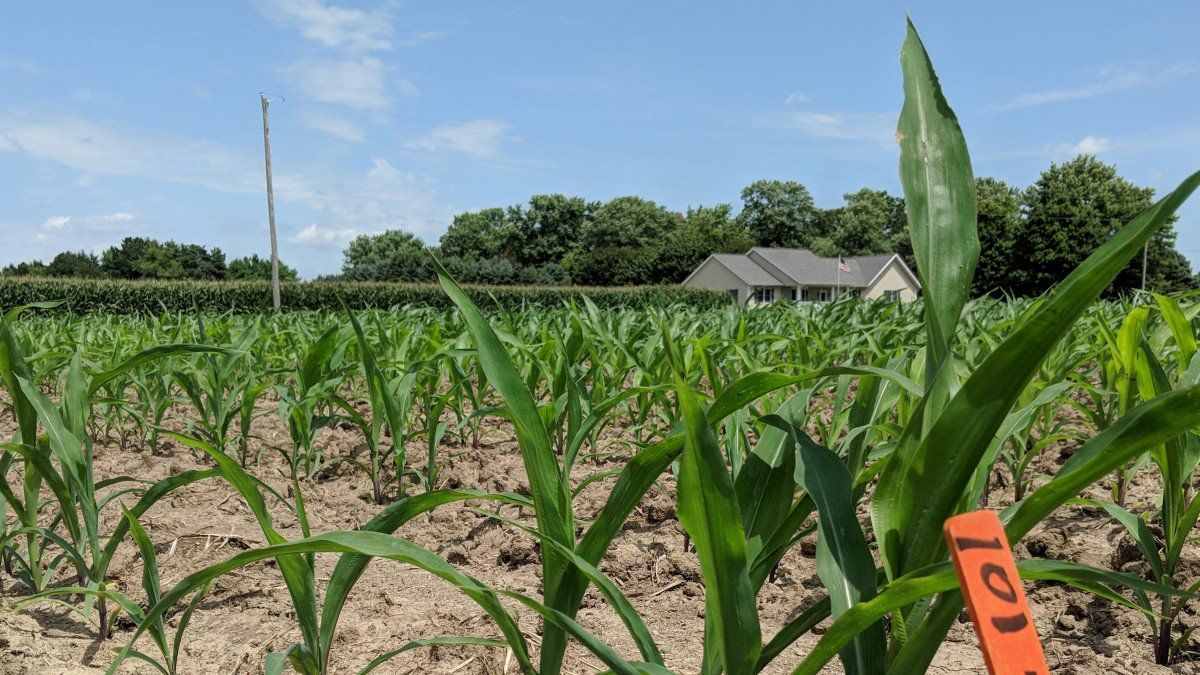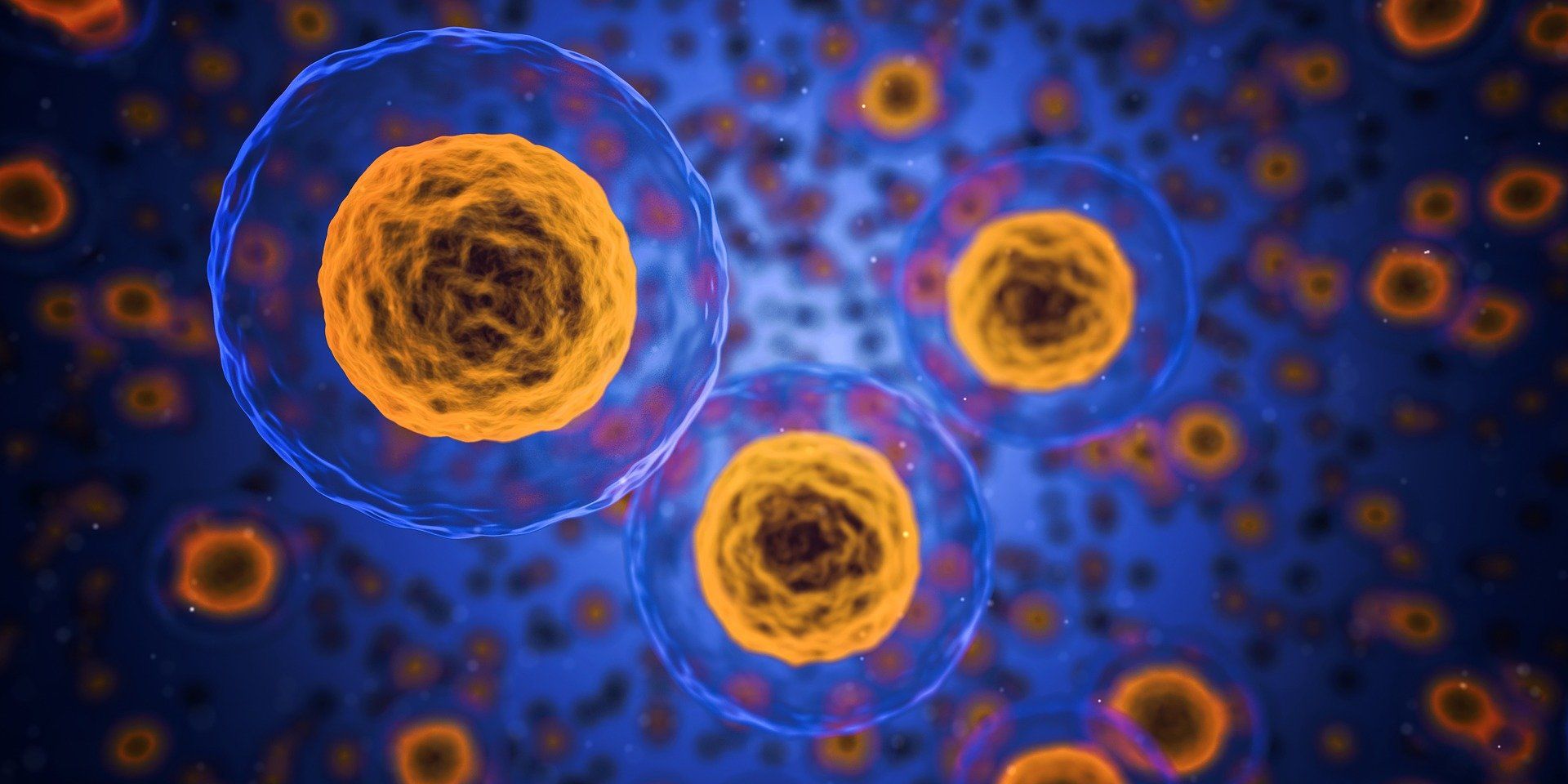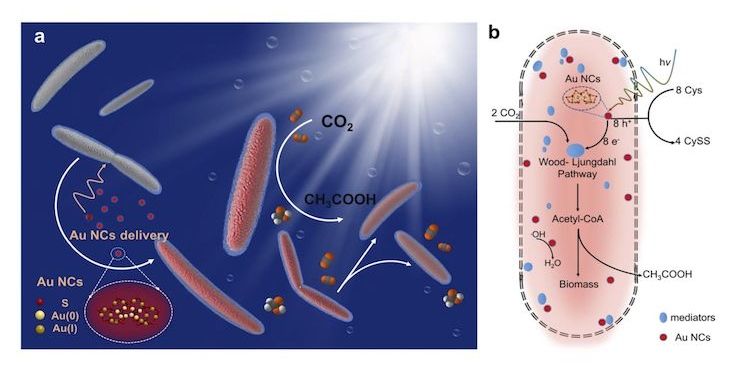Page 8551
Oct 3, 2018
America’s Clergy Are Teaming Up With Scientists
Posted by Genevieve Klien in categories: cosmology, neuroscience
Scientists and religious leaders joined forces to create programs on neuroscience, cosmology—and even some evolutionary science.
Oct 3, 2018
Traveling to Mars Could Cause Life-Threatening Damage to Astronauts’ Guts, Says Study
Posted by Michael Lance in categories: biotech/medical, health, space travel
Spend months in space, and you could develop cancer.
To study the effects of deep space radiation exposure on astronaut health, researchers exposed mice to comparable levels of radiation. It hurt their guts.
Oct 3, 2018
Replacing fertilizer with plant probiotics could slash greenhouse gases
Posted by Bill Kemp in categories: biotech/medical, food
Pivot Bio just got a $70 million infusion from Bill Gates’s energy fund and other investors to launch its commercial product next year.
The science: The biotechnology company, based in Berkeley, California, is creating probiotics for plants. The firm’s researchers have identified microbes with a dormant ability to produce nitrogen, a crucial nutrient in synthetic fertilizer, and engineered them to reawaken and enhance it. For its initial product, Pivot Bio has created a liquid treatment for corn crops that can be applied when the seeds are planted.
The sell: In early field tests, patches treated with the microbes produce comparable yields to those relying on synthetic fertilizers. Pivot Bio’s pitch to farmers is that the product reduces work and complexity, because a single application takes less time than spraying multiple rounds of fertilizer.
Continue reading “Replacing fertilizer with plant probiotics could slash greenhouse gases” »
Oct 3, 2018
Forcing Cancer to Put up a Broken Shield
Posted by Nicola Bagalà in category: biotech/medical
A new discovery might make immunotherapy applicable to more patients.
Led by Dr. Alicja Copik, scientists at the University of Central Florida College of Medicine have discovered that it might be possible to make cancer immunotherapy work for a larger portion of patients by employing PM21-activated natural killer (PM21-NK) cells [1].
Study abstract
Continue reading “Forcing Cancer to Put up a Broken Shield” »
Oct 3, 2018
Winners, losers and the low-cost energy future
Posted by Bill Kemp in categories: entertainment, futurism
The game is changing as prices ‘race to the bottom’ and in some places renewables are the cheapest option, finds Dave Elliott.
Oct 3, 2018
Translating Aging Research – Ending Age-Related Diseases 2018 Panel
Posted by Steve Hill in categories: biotech/medical, life extension
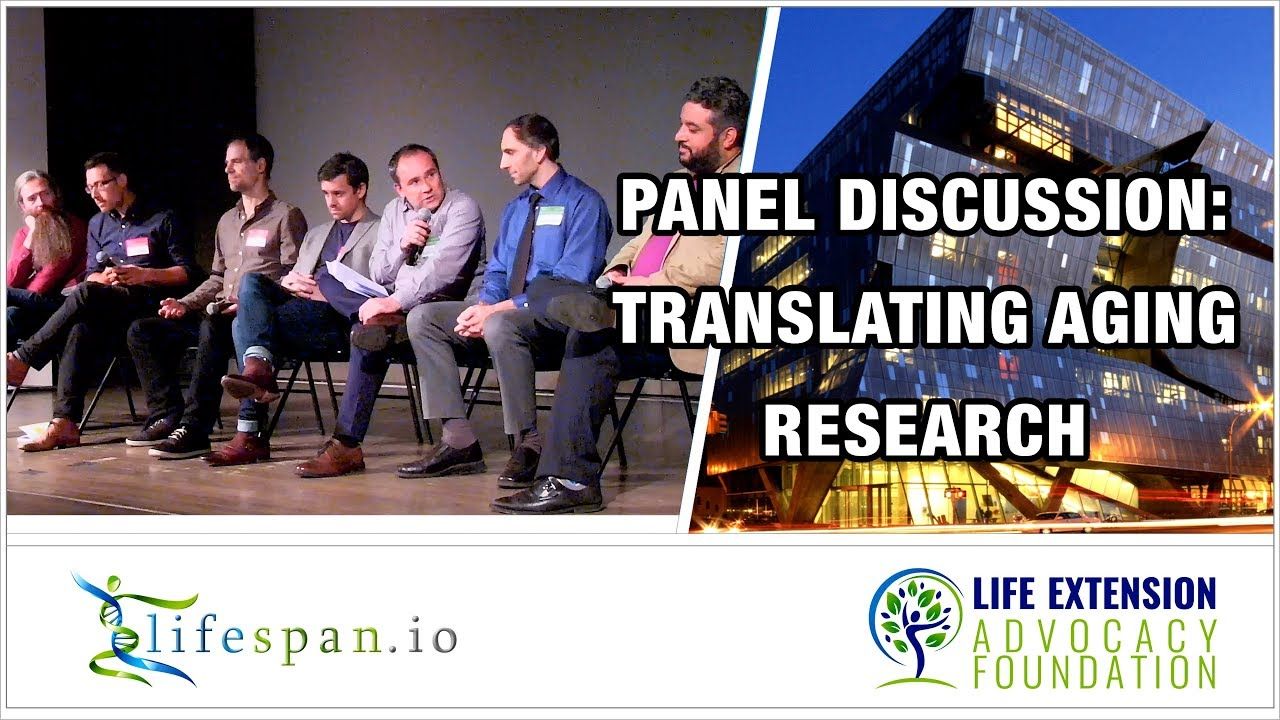
Today, we have another video from our Ending Age-Related Diseases 2018 conference, which was held earlier this year at the Cooper Union in New York City. The conference was designed to bring the worlds of research and investment together in one place and explore the progress and challenges that the industry faces in developing and funding therapies to end age-related disease.
This was the second panel during the conference and featured Dr. Aubrey de Grey of the SENS Research Foundation, Keith Comito of Lifespan.io, Dr. James Peyer of Apollo Ventures, Dr. Mark Hammond of Deep Science Ventures, Joe Betts Lacroix of Y Combinator and Vium, Dr. Oliver Medvedik of Lifespan.io and The Cooper Union, and Ramphis Castro of ScienceVest.
Continue reading “Translating Aging Research – Ending Age-Related Diseases 2018 Panel” »
Oct 3, 2018
Researchers discover how to slow aging
Posted by Bill Kemp in categories: biotech/medical, food, life extension
Previous research published earlier this year in Nature Medicine involving University of Minnesota Medical School faculty Paul D. Robbins and Laura J. Niedernhofer and Mayo Clinic investigators James L. Kirkland and Tamara Tchkonia, showed it was possible to reduce the burden of damaged cells, termed senescent cells, and extend lifespan and improve health, even when treatment was initiated late in life. They now have shown that treatment of aged mice with the natural product Fisetin, found in many fruits and vegetables, also has significant positive effects on health and lifespan.
As people age, they accumulate damaged cells. When the cells get to a certain level of damage they go through an aging process of their own, called cellular senescence. The cells also release inflammatory factors that tell the immune system to clear those damaged cells. A younger person’s immune system is healthy and is able to clear the damaged cells. But as people age, they aren’t cleared as effectively. Thus they begin to accumulate, cause low level inflammation and release enzymes that can degrade the tissue.
Robbins and fellow researchers found a natural product, called Fisetin, reduces the level of these damaged cells in the body. They found this by treating mice towards the end of life with this compound and see improvement in health and lifespan. The paper, “Fisetin is a senotherapeutic that extends health and lifespan,” was recently published in EBioMedicine.
Oct 3, 2018
Gold nanoclusters turn bacteria into photosynthetic machines
Posted by Bill Kemp in category: energy
New catalytic biohybrids can generate fuel from sunlight and might find use in green-energy applications.
